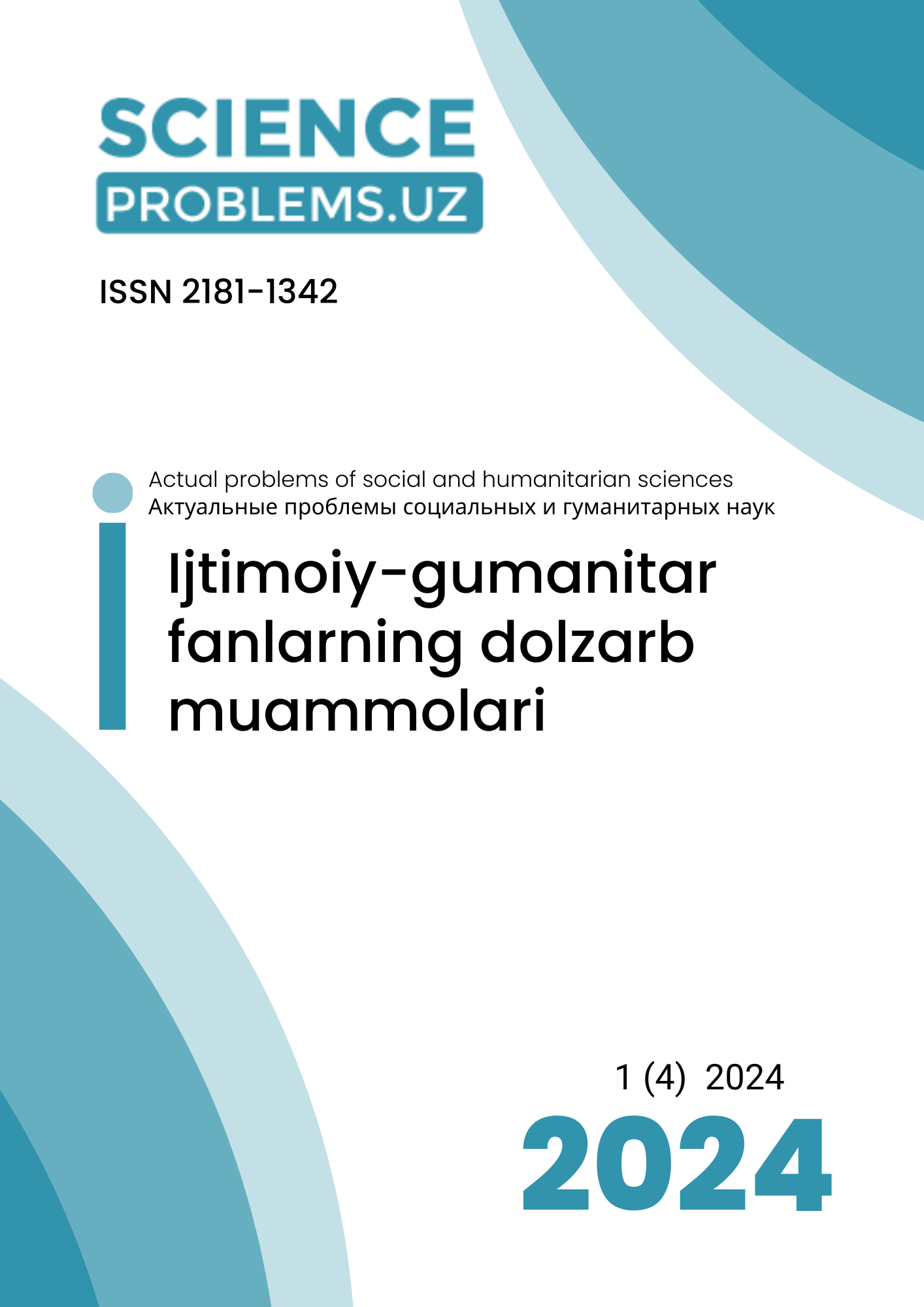QUANTUM COMPUTING AND LEGAL READINESS FOR E-GOVERNMENT SERVICES
DOI:
https://doi.org/10.47390/SPR1342V4I1Y2024N41Keywords:
Quantum computing, e-government, legal implications, data privacy, cybersecurity, public policyAbstract
Quantum computing promises unprecedented processing power that could revolutionize e-government services. However, realizing this potential requires updating legal frameworks on data privacy, cybersecurity, intellectual property, and procurement. This paper provides an overview of quantum computing and its applications to e-government. It analyzes gaps in current laws and regulations, arguing for benchmarks towards legal readiness. Recommendations focus on data protection standards, liability rules, transparency policies, interagency collaboration, and public-private partnerships. With timely legislation and strategic planning, governments can harness quantum computing for more secure, efficient, and equitable public services.
References
Mohseni, M., Read, R., Neven, H., Boixo, S., Denchev, V., Babbush, R., ... & Martinis, J. (2017). Commercialize quantum technologies in five years. Nature News, 543(7644), 171.
Aaronson, S., & Chen, L. (2017). Complexity-theoretic foundations of quantum supremacy experiments. In Proceedings of the 32nd Computational Complexity Conference (CCC 2017). Schloss Dagstuhl-Leibniz-Zentrum fuer Informatik.
Johansson, J. R. (2019). Qubit allocation for noisy intermediate-scale quantum computers. Physical Review A, 100(1), 012341.
Montanaro, A. (2016). Quantum algorithms: an overview. npj Quantum Information, 2(1), 1-8.
Li, R. Y., & Duan, L. M. (2019). Quantum network scaling: a survey. Frontiers of Physics, 14(2), 21601.
Pichler, A., Ramos, Á., Daley, A. J., & Zoller, P. (2017). Quantum optics of chiral spin networks. Physical review letters, 118(6), 063603.
Takagi, R., & Regula, B. (2019). General resource theories in quantum mechanics and beyond: operational characterization via discrimination tasks. Physical Review X, 9(3), 031053.
Caleffi, M. (2017). Optimal routing for quantum networks. IEEE Access, 5, 22299-22312.
Trabesinger, A. (2017). Quantum simulation. Nature Physics, 13(3), 249-252.
Liang, Y. C., & Doherty, A. C. (2006). Bounds on quantum correlation and entropic uncertainty relations. Physical Review A, 73(2), 022113.
Aaronson, S., & Chen, L. (2017). Complexity-theoretic foundations of quantum supremacy experiments. In Proceedings of the 32nd Computational Complexity Conference (CCC 2017). Schloss Dagstuhl-Leibniz-Zentrum fuer Informatik.
Mohseni, M., Read, R., Neven, H., Boixo, S., Denchev, V., Babbush, R., ... & Martinis, J. (2017). Commercialize quantum technologies in five years. Nature News, 543(7644), 171.
Li, R. Y., & Duan, L. M. (2019). Quantum network scaling: a survey. Frontiers of Physics, 14(2), 21601.
Pichler, A., Ramos, Á., Daley, A. J., & Zoller, P. (2017). Quantum optics of chiral spin networks. Physical review letters, 118(6), 063603.
Caleffi, M. (2017). Optimal routing for quantum networks. IEEE Access, 5, 22299-22312.
Johansson, J. R. (2019). Qubit allocation for noisy intermediate-scale quantum computers. Physical Review A, 100(1), 012341.
Montanaro, A. (2016). Quantum algorithms: an overview. npj Quantum Information, 2(1), 1-8.
Takagi, R., & Regula, B. (2019). General resource theories in quantum mechanics and beyond: operational characterization via discrimination tasks. Physical Review X, 9(3), 031053.
Trabesinger, A. (2017). Quantum simulation. Nature Physics, 13(3), 249-252.
Aaronson, S., & Chen, L. (2017). Complexity-theoretic foundations of quantum supremacy experiments. In Proceedings of the 32nd Computational Complexity Conference (CCC 2017). Schloss Dagstuhl-Leibniz-Zentrum fuer Informatik.
Liang, Y. C., & Doherty, A. C. (2006). Bounds on quantum correlation and entropic uncertainty relations. Physical Review A, 73(2), 022113.
Mohseni, M., Read, R., Neven, H., Boixo, S., Denchev, V., Babbush, R., ... & Martinis, J. (2017). Commercialize quantum technologies in five years. Nature News, 543(7644), 171.
Li, R. Y., & Duan, L. M. (2019). Quantum network scaling: a survey. Frontiers of Physics, 14(2), 21601.
Pichler, A., Ramos, Á., Daley, A. J., & Zoller, P. (2017). Quantum optics of chiral spin networks. Physical review letters, 118(6), 063603.
Caleffi, M. (2017). Optimal routing for quantum networks. IEEE Access, 5, 22299-22312.
Gulyamov, S., Rustambekov, I., Narziev, O., & Xudayberganov, A. (2021). Draft Concept of the Republic of Uzbekistan in the Field of Development Artificial Intelligence for 2021-2030. Yurisprudensiya, 1, 107-21.
Gulyamov, S., & Bakhramova, M. (2022). Digitalization of international arbitration and dispute resolution by artificial intelligence. World Bulletin of Management and Law, 9, 79-85.
Yakubova, Madina. "THE PROSPECTS FOR LEGALIZING CRYPTO TRADING IN UZBEKISTAN." science 1.1 (2023).
Abdurakhmanova, Nodirakhon. "LEGAL BASIS OF USING SMART CONTRACTS IN THE FIELD OF CONSTRUCTION." science 1.1 (2023).








